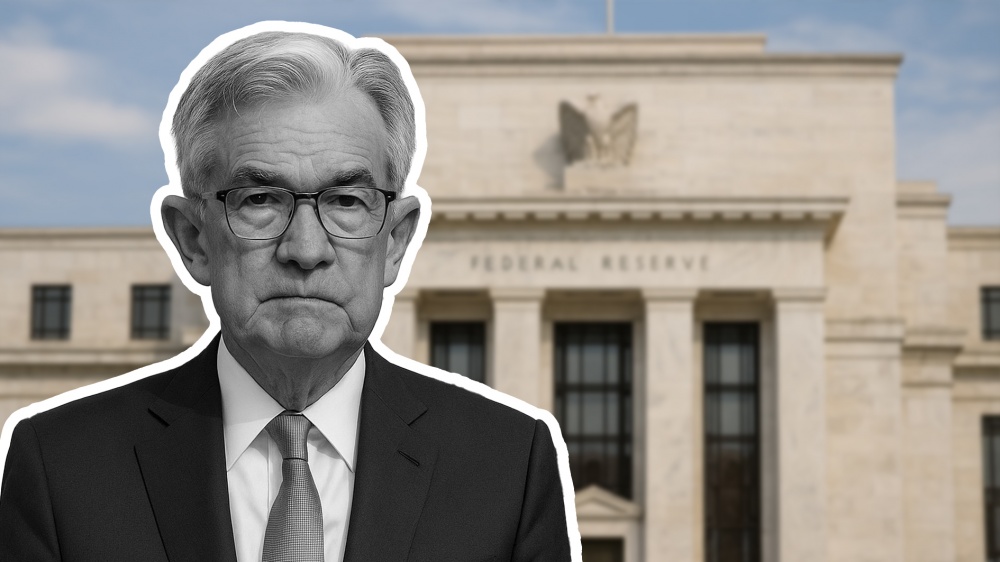Fed chair Jerome Powell: We will face shocks more frequently

WASHINGTON – Federal Reserve Chair Jerome Powell has warned that the global economy may be entering a new era marked by more frequent and persistent supply shocks, leading to more volatile inflation.
The warning was issued during his speech at the Thomas Laubach Research Conference on Thursday (15/5), amid a sweeping review of the US monetary policy framework.
“We may be entering a period in which supply shocks are more frequent and persistent. This presents a major challenge for the economy and central banks,” Powell said, as quoted by the Wall Street Journal.
The review is part of the Federal Reserve’s five-year agenda to assess how it balances its dual mandate of maintaining price stability and maximising employment.
In his remarks, Powell noted that the framework adopted in 2020, at the height of the COVID-19 crisis, is no longer adequate for today’s economy, which is characterised by greater uncertainty and higher real interest rates.
The 2020 framework introduced a “flexible average inflation targeting” strategy, allowing inflation to run slightly above the 2% target to support labour market recovery.
However, this strategy proved fragile when inflation soared to 9.1% in 2022. Powell acknowledged that the “overshoot” approach is “no longer relevant” in current policy discussions.
The Fed is now considering a new approach that better accounts for price volatility and includes more transparent communication about economic uncertainty. “The critical question is how to broaden public understanding of economic uncertainty,” said Powell.
Policymakers are also discussing whether employment targets should account for both “upside and downside” deviations in the unemployment rate, rather than focusing solely on excessive levels. This is because excessively low unemployment can also fuel excessive inflation.
Political pressure is also mounting. Former President Donald Trump criticised Powell on social media, urging the Fed to cut interest rates like Europe and China. Powell did not respond directly to the criticism.
While no immediate changes to interest rates are expected, the policy review is set to conclude by August or September 2025. The outcome is expected to strengthen the Fed’s long-term credibility amid an increasingly uncertain global economic landscape. (EF/ZH)